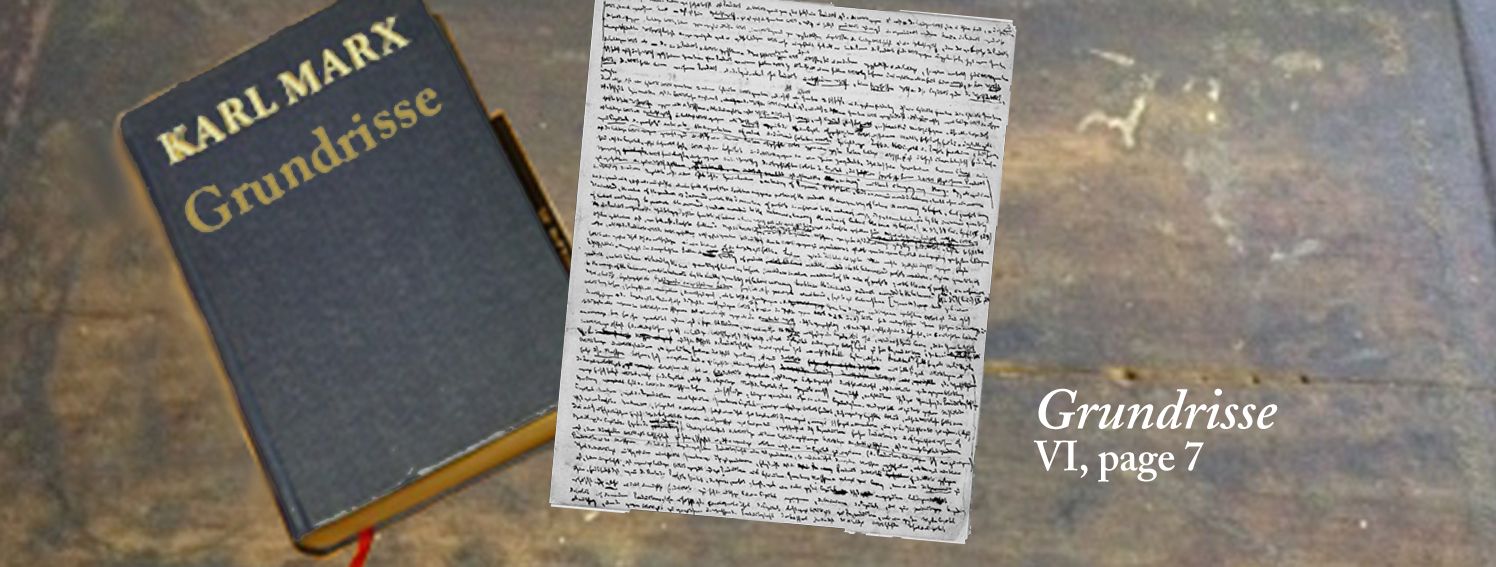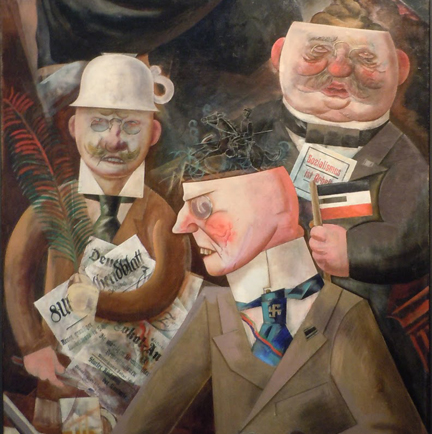Unearthing The Grundrisse (continuation)
After the defeat of the 1848-50 revolutions in Europe, Marx acknowledged that he failed to provide an adequate analysis of the economic foundation of society and turned from a focus on organizing to an intense, life-long study of political economy. Catalyzed by the first global economic crisis in 1857 and after 10 years of concentrated study, he started the first of seven notebooks to self-clarify his work up to that point. Not published or available outside the USSR until 1953, Martin Nicolaus provided the first—and only —English translation of all seven notebooks in 1973 as the Grundrisse: Foundations of the Critique of Political Economy.


